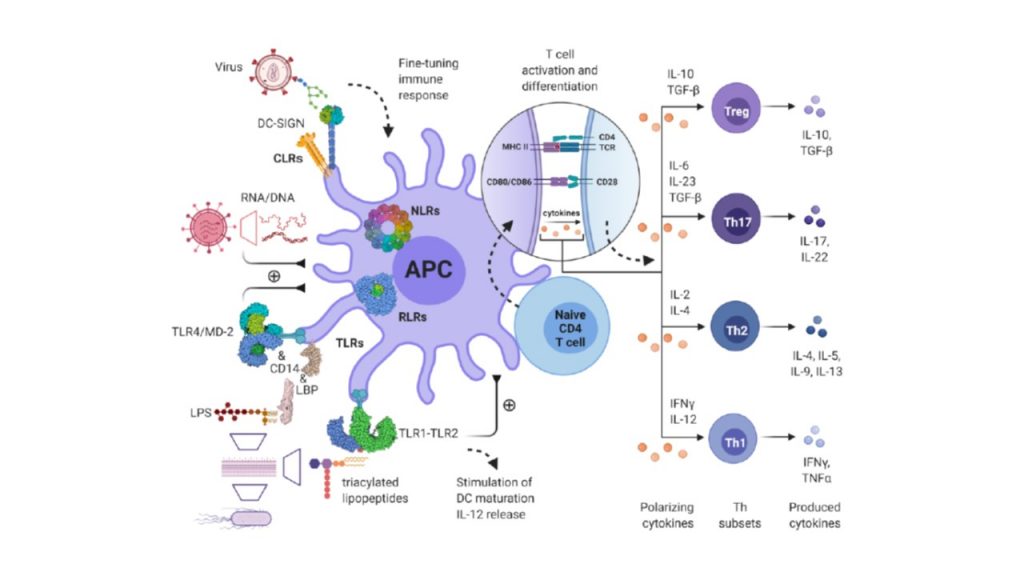Emerging glyco‐based strategies to steer immune responses
Abstract
Glycan structures are common posttranslational modifications of proteins, which serve multiple important structural roles (for instance in protein folding), but also are crucial participants in cell‐cell communications and in the regulation of immune responses. Through the interaction with glycan‐binding receptors glycans are able to affect the activation status of antigen presenting cells, leading to either induction of pro‐inflammatory responses or to suppression of immunity and instigation of immune tolerance. This unique feature of glycans has attracted the interest and spurred collaborations of glyco‐chemists and glyco‐immunologists to develop glycan‐based tools as potential therapeutic approaches in the fight against diseases such as cancer and autoimmune conditions. In this review we highlight emerging advances in this field, and in particular we discuss on how glycan‐modified conjugates or glycoengineered cells can be employed as targeting devices to direct tumor antigens to lectin receptors on antigen presenting cells, like dendritic cells. In addition, we address how glycan‐based nanoparticles can act as delivery platforms to enhance immune responses. Finally, we discuss some of the latest developments in glycan‐based therapies, including chimeric antigen receptor (CAR)‐T cells to achieve targeting of tumor‐associated glycan‐specific epitopes, as well as the use of glycan moieties to suppress ongoing immune responses, especially in the context of autoimmunity.
https://febs.onlinelibrary.wiley.com/doi/abs/10.1111/febs.15830


